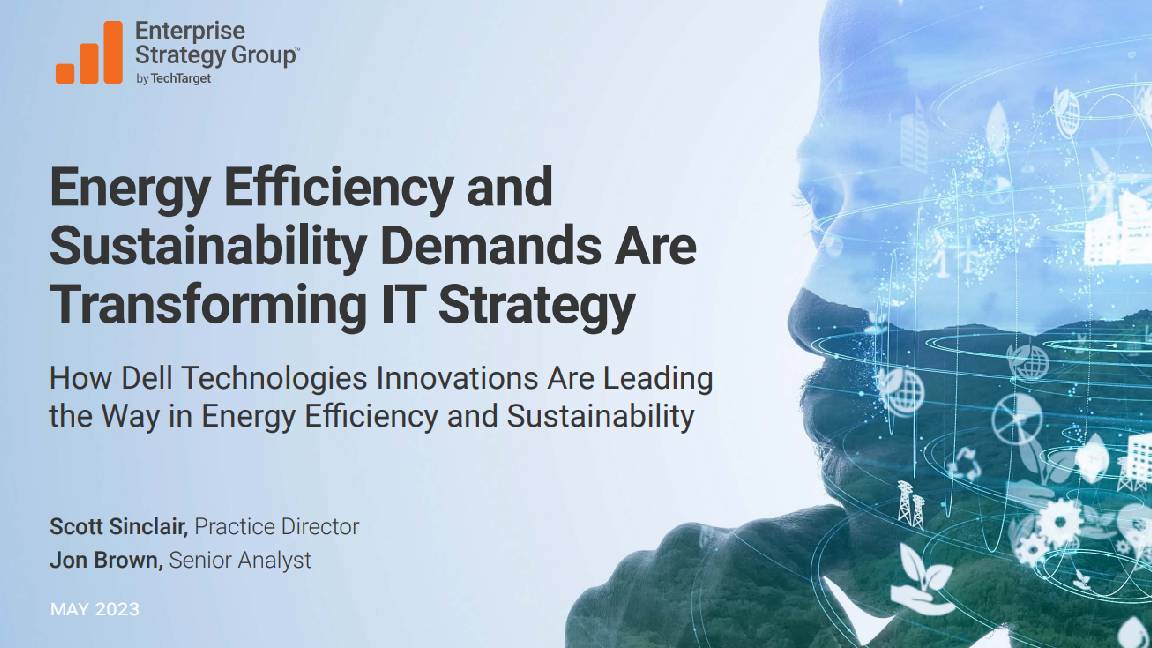Cloud energy savings could reach 38 per cent by 2020
Pike Research claims that cloud is more energy efficient than data centres, others disagree.

Widespread adoption of cloud computing could cut data centre energy use by more than a third within a decade.
Pike Research, an analyst firm, calculates that adopting cloud computing will cut the total energy used by the world's data centres by 38 per cent, by 2020.
"The growth of cloud computing will have a very significant positive effect on data centre energy consumption," said Eric Woods, senior analyst at Pike. "Software as a service, infrastructure as a service, and platform as a service are all inherently more efficient models than conventional alternatives, and their adoption will be one of the largest contributing factors to the greening of enterprise IT."
In the Cloud Computing Energy Efficiency report, Woods forecasts that data centres will consume 139.8 terawatt hours (TWh) of electricity in 2020, a reduction of 31 per cent from the current 201.8 TWh.
Disregarding cloud, the energy consumption of data centres would continue to grow, reaching 226.4 TWh over the same period, the report said. Cloud computing could offset that growth by seven per cent.
The financial benefits, disregarding any taxation that might be imposed on energy use could be as high as $7.3 billion (4.6 billion) over the ten year period, according to Woods. In addition, greenhouse gas emissions would fall by 28 per cent.
However, not all experts agree. Rod Tucker, a researcher at the University of Melbourne in Australia told the Green IT virtual conference earlier this year that there are certain conditions where an in-house data centre can actually be more efficient.
Get the ITPro daily newsletter
Sign up today and you will receive a free copy of our Future Focus 2025 report - the leading guidance on AI, cybersecurity and other IT challenges as per 700+ senior executives
Tucker compared the energy used to encoding multiple half hour videos over the course of a week using a data centre and a cloud service. In the tests, the cloud-based computing did prove more efficient than a mid-range computer for low quantities of video encoding tasks but, as the number of tasks increased, the cloud computing model became less energy efficient than the computer.
"As you use more encodings per week, because more data is transported across the network [and] the amount of energy increases," Tucker said.
The transport of data is often forgotten in energy usage calculations, suggesting that the decision to move to the cloud should depend on what is best for the job, rather than a one-size-fits-all scenario.
For more on the cloud, see IT PRO's cloud computing channel.
-
 Beyond the upgrade: How to maximize IT investments and minimize waste
Beyond the upgrade: How to maximize IT investments and minimize wasteHow to maintain optimal performance and productivity with your fleet of hardware and stave off the next upgrade cycle for a bit longer
By ITPro
-
 Energy efficiency and sustainability demands are transforming IT strategy
Energy efficiency and sustainability demands are transforming IT strategywhitepaper How Dell Technologies innovations are leading the way in energy effiency and sustainability
By ITPro
-
 Energy efficiency and sustainability demands are transforming IT strategy
Energy efficiency and sustainability demands are transforming IT strategywhitepaper How Dell Technologies innovations are leading the way in energy effiency and sustainability
By ITPro
-
 Your guide to smarter printing: 2024 edition
Your guide to smarter printing: 2024 editionWhitepaper Making smarter printing simple for all businesses
By ITPro
-
 How to empower employees to accelerate emissions reduction
How to empower employees to accelerate emissions reductionin depth With ICT accounting for as much as 3% of global carbon emissions, the same as aviation, the industry needs to increase emissions reduction
By Fleur Doidge
-
 How much say does IT really have in sustainability initiatives?
How much say does IT really have in sustainability initiatives?ITPro Network Vendors are ready to proclaim their green credentials, but as members of the ITPro Network explain, making changes on the ground can be complex
By Jane McCallion
-
 ESG: Designing the ideal digital work experience for the next generation of innovators
ESG: Designing the ideal digital work experience for the next generation of innovatorsWhitepaper What users want, why it's critical to give it to them, and how the whole organization can benefit
By ITPro
-
 A guide to ESG reporting frameworks
A guide to ESG reporting frameworksWhitepaper Guidelines to assist with your approach to ESG reporting
By ITPro

